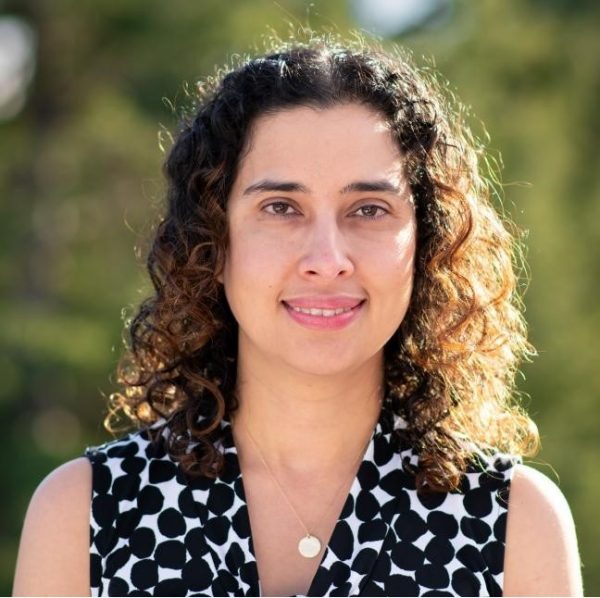- October 2025 (2)
- September 2025 (1)
- August 2025 (1)
- July 2025 (4)
- June 2025 (1)
- August 2024 (1)
- July 2024 (1)
- May 2024 (1)
- March 2024 (1)
- February 2024 (1)
- January 2024 (2)
- December 2023 (2)
- November 2023 (1)
- October 2023 (2)
- August 2023 (1)
- May 2023 (1)
- February 2023 (1)
- January 2023 (2)
- October 2022 (1)
- September 2022 (2)
- June 2022 (3)
- May 2022 (1)
- March 2022 (1)
- December 2021 (1)
- October 2021 (1)
- September 2021 (2)
- July 2021 (1)
- June 2021 (5)
- March 2021 (1)
- January 2021 (1)
- December 2020 (1)
- October 2020 (2)
- July 2020 (1)
- June 2020 (2)
- April 2020 (2)
- March 2020 (2)
- January 2020 (1)
- December 2019 (1)
- November 2019 (1)
- October 2019 (1)
- September 2019 (2)
- August 2019 (1)
- July 2019 (1)
- June 2019 (2)
- May 2019 (1)
- April 2019 (2)
- March 2019 (1)
- December 2018 (1)
- November 2018 (1)
- October 2018 (3)
- September 2018 (1)
- July 2018 (2)
- June 2018 (1)
- May 2018 (3)
- April 2018 (3)
- February 2018 (1)
- November 2017 (3)
- October 2017 (1)
- May 2017 (3)
- April 2017 (3)
- March 2017 (1)
- February 2017 (1)
- January 2017 (1)
- September 2016 (2)
- August 2016 (1)
- June 2016 (2)
- May 2016 (2)
- April 2016 (2)
- March 2016 (2)
- February 2016 (2)
- January 2016 (1)
- September 2015 (2)
- August 2015 (1)
- May 2015 (2)
- December 2014 (3)
- October 2014 (1)
- July 2013 (1)
START Center
FACULTY SPOTLIGHT: MONISHA SHARMA

During her undergraduate training at Tufts University, Dr. Monisha Sharma cultivated her interest in social service by joining several community service groups. However, she viewed her passion for social justice as separate from her academic studies as a biology major. She spent several summers working in basic science labs. While she enjoyed generating and testing hypotheses through laboratory experiments, these experiences taught her that she wanted to affect change on a larger scale.
After graduation, she served with Americorps, working with unhoused and low-income clients to help them find employment, housing, and healthcare. While she found her position immensely fulfilling, she realized she wanted to focus her career on improving population health on a larger scale. She also missed her academic work in the sciences. She soon realized that public health was the ideal way to combine her interest in science with her passion for working with underserved populations.
Upon completing her Americorps service, she worked for two years as a research assistant at the Massachusetts Department of Public Health working in occupational health surveillance. She realized she would need formal training in epidemiology and biostatistics in order to analyze and understand public health data. She pursued an MPH in infectious disease epidemiology at Johns Hopkins School of Public Health. Her thesis research assessing risk factors of HIV acquisition among sex workers in India was her first introduction to the field of global health.
After completing her MPH, Monisha wanted to return to the Boston area. After broadly applying to public health jobs, she found a position as a research analysist at the Harvard School of Public Health. Her work focused on modeling of prevention strategies for HPV, the cause of cervical cancer. Despite the existence of effective screening and vaccination, cervical cancer remains the number one cause of cancer death among women in low- and middle-income settings. She learned to utilize mathematical models to simulate the health and economic impact of health interventions to inform evidence-based policy decisions. She learned that modeling is a powerful tool that enables simultaneous evaluation of the long-term outcomes of dozens of strategies while making assumptions explicit and evaluating uncertainty.
When selecting a PhD program to continue her training, Monisha considered both the academic rigor of the program as well her quality of life outside school. She fell in love with the Pacific Northwest during her visit to the University of Washington, and was impressed with the friendly, collaborative atmosphere of the University. In giving advice to the START RAs, Monisha said, “quality of life and happiness outside of your PhD is just as important as academic strength of a program, especially since you’ll spend 4-5 years in a PhD program.”
At UW, Monisha’s dissertation work focused on evaluating the potential of community-based HIV testing (conducted outside of health facilities) to overcome barriers associated with facility testing and achieve high coverage in Sub-Saharan Africa. She learned to conduct in-country micro-costing studies of interventions which informed mathematical models that were parameterized with effectiveness data from same intervention. After completing her PhD, she continued on the more traditional route of a post-doc followed by an academic path. But she emphasized to the START RAs that there are many interesting and fulfilling career options outside academia where they can use their training to improve population health.
Dr. Sharma joined the START Center in January 2021 as a faculty lead member.
Did you enjoy this aricle? Share it Facebook Google+ LinkedIn Twitter